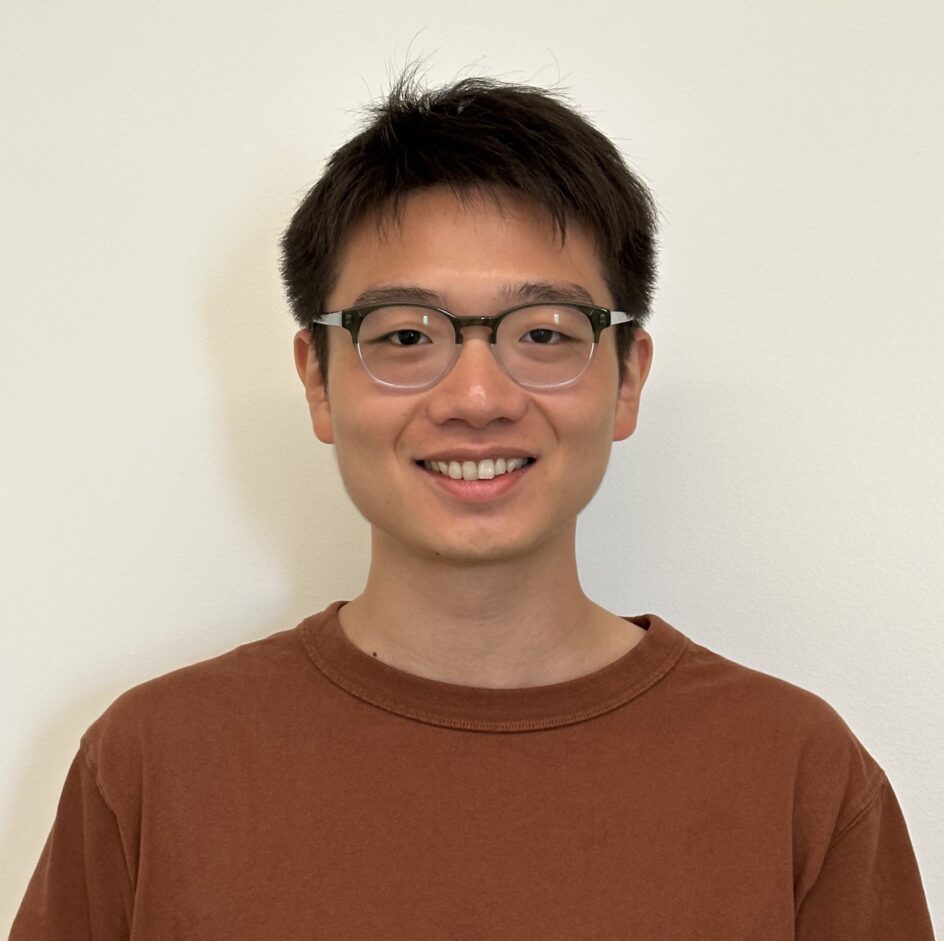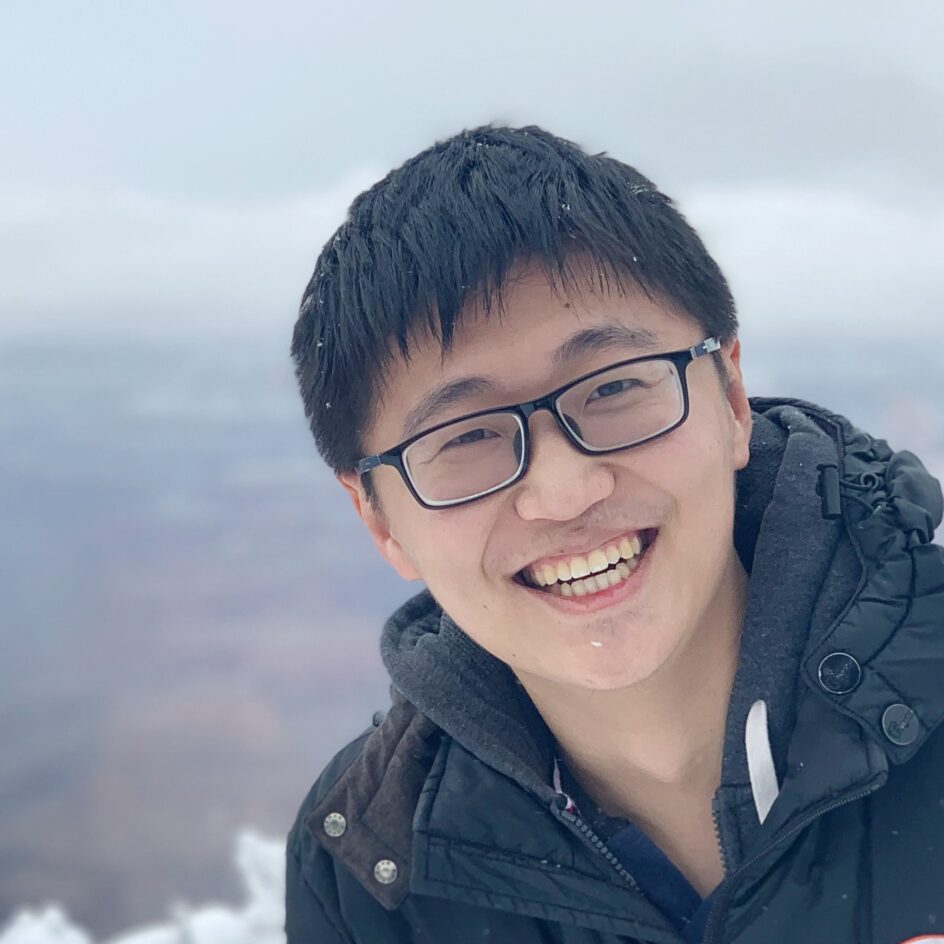Statistics Ph.D. Students Win Distinguished Paper Awards
Two statistics Ph.D. students in the Donald Bren School of Information and Computer Sciences (ICS) have received Distinguished Student Paper Awards from the International Biometric Society (IBS) Eastern North American Region (ENAR). Congratulations to Hanwen Ye and Jiuchen Zhang, both of whom are advised by Chancellor’s Professor Annie Qu in the ICS Department of Statistics.

Personalizing the Patient Experience
Ye received the prestigious John Van Ryzin top paper award for “Stage-Aware Learning for Dynamic Treatments,” coauthored with ICS postdoctoral fellow Wenzhuo Zhou, Professor Ruoqing Zhu of the University of Illinois, and Professor Qu. Ye also received the David P. Byar Early Career Award for this work. As noted in the acceptance letter, there was a “a larger-than-usual number of submissions this year, so this is truly an outstanding achievement.”
Ye’s research interests include dynamic treatment for infinite horizon, active learning, and dynamic topic modeling using clinical notes for children’s mental health.
“In this work, we propose a dynamic treatment regime estimation framework that aims to provide the optimal individualized treatment plan for each patient,” says Ye. “By analyzing treatment effectiveness, we can compare different treatment strategies and assign the one that works the best for a patient according to their evolving health conditions. As a result, the application of this work could help health practitioners to better assign treatments for a wide range of diseases.”
Ye was honored to have the award committee recognize this work. “Both awards give us confidence that our work might indeed have a great impact on the field of precision medicine and optimal dynamic treatment regime estimation,” says Ye, who hopes to continue working on statistical solutions driven by practical challenges. “Specifically, in my next project, knowing that substantial human effort is invested in labeling and improving data quality, I aim to explore the field of active learning to optimize resource efficiency and improve large model learning.”

Improving Mobile Health Analysis
Zhang took first place in the American Statistical Association (ASA) Medical Devices and Diagnostics student paper competition with “Individualized Dynamic Model for Multi-Resolutional Data,” coauthored with Professor Fei Xue of Purdue, ICS Ph.D. candidate Qi Xu, Professor Jung-Ah Lee of UCI’s Sue & Bill Gross School of Nursing, and Professor Qu. The paper also received a 2024 ENAR Distinguished Student Paper award.
Zhang is a fifth-year student whose research interests include dependent tensor method, recommender systems, multiresolution data and mobile health data. He says his work was inspired by the UCI Family Caregiver Study, which utilizes wearable devices to measure stress and sleep status for caregivers of dementia patients.
“Our proposed method solves challenges in handling these heterogeneous, multiresolution data due to irregular and dense multivariate measurements collected from caregivers,” he explains. “The paper introduces an individualized dynamic latent factor model that integrates information across multiple irregular measures as well as various subjects.”
Zhang, who has accepted a Postdoc position at the University of Michigan in the Department of Biostatistics, says his future plans involve offering new perspectives and developing tools to address the challenges of temporal, multidimensional, and high-volume data in various contexts.
“I will continue to push the boundaries of statistical application in mobile health data. My ongoing project proposes a novel approach for statistical testing under continuous time reinforcement learning framework,” he says. “Receiving these two awards is a prestigious recognition that underscores the significance and innovative nature of my research in mobile health. This recognition not only highlights the quality and potential impact of the research but also opens up opportunities for further collaboration and dissemination of the work within the scientific community and beyond.”
— Shani Murray